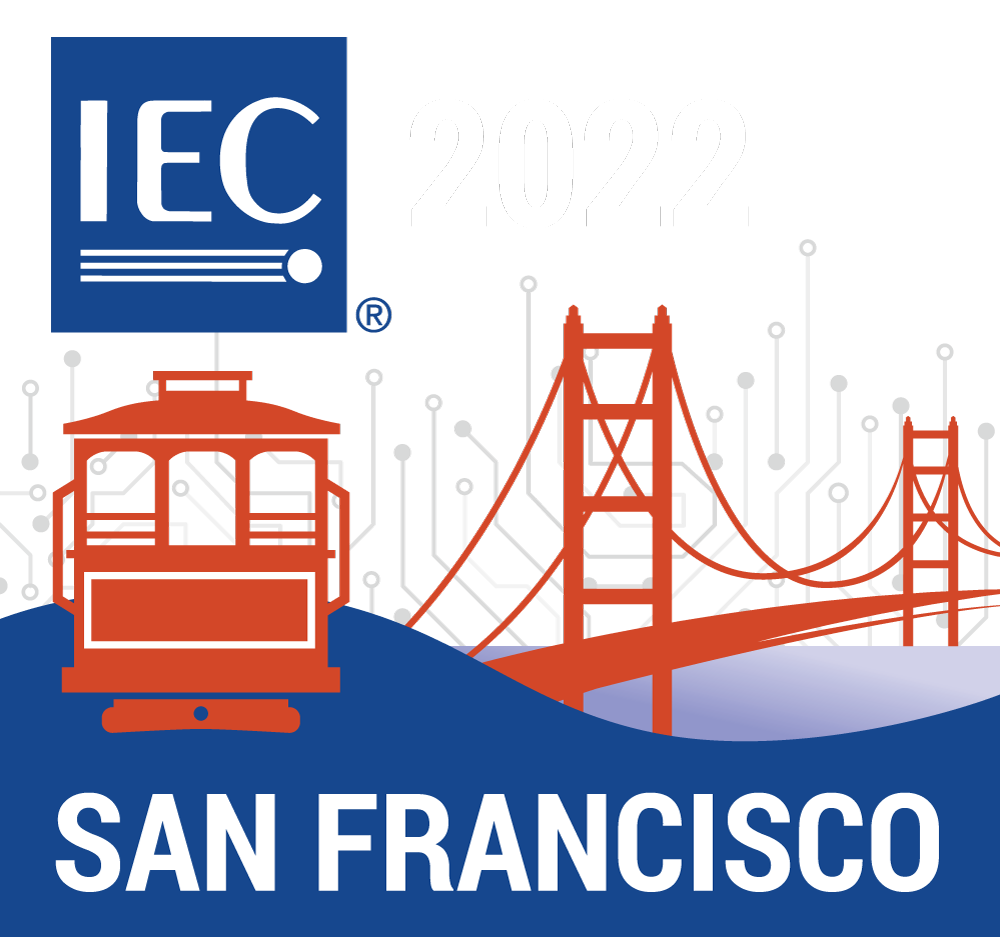About India
India’s history goes back almost six thousand years and has passed through many different stages and societies and invasions from outside.
The earliest civilization was in the Indus Valley, with its well-planned city-states of Harappa and Mohen-jo-Daro, which lasted from 3250 to 1500 B.C. At that point the Aryans came in from the North and spread through large parts of India bringing with them their culture and religious beliefs, including the Hindu religion.
In 567 B.C. Gautama Buddha was born, who was the founder of the Buddhist Religion. Also at around this time Mahavira lived, who started the Jain Religion. Two hundred years later, in the 4th century B.C., Emperor Ashoka, one of the greatest leaders of all of India's history, led the Mauryan Empire to take over almost all of what is now modern India.
The visit to India remains a fascinating experience for all to cherish throughout their life.
India was invaded by Mehmood of Ghauri in 1192 and later by Mughals in 1526. The Europeans - Portuguese, French, Dutch, Danish and British - started arriving in the early 1600s. All of them held territories in India and made friends and enemies among India's rulers as they got more involved, but it was the British who eventually controlled most of India and finally made it one of their colonies.India got its independence from Britain in 1947 after a long struggle led mostly by Mahatma Gandhi. In the years since independence, India has made huge progress and coped with great problems, has developed its industry and its agriculture, and has maintained a system of government which makes it the largest democracy in the world.
India, perhaps is the only nation in the world that is multi linguistic, multi cultural and multi ethnic. That is why India is epitome of Unity in diversity.
Helpful information
ATMs (Automatic Teller Machines): ATMs are available everywhere in the city center.
Business Centre: At the venue/ hotel, the host will set up a complimentary Business Centre for the delegates, with a number of computers, connection points for laptops, and printers. The computers will be equipped with standard software (Microsoft Office).
Business hours: All establishments are open from 09:00 till 17:30 except on weekends. The shops open from 10:00 till 19:00 and are closed on Sunday.
Climate and clothing: The weather in May is warm with temperatures varying from 35-40 degrees centigrade. There may be occasional rains. Light summer clothes are best for everyday wear.
Credit cards: All major credit cards are accepted in hotels, restaurants and shops.
Currency: The Indian currency is Rupee (INR). Notes are issued in following denominations: 2000, 500, 100, 50, 20, 10 and coins are in denomination of 5, 2 and 1. The conversion rates of INR keep varying against some major currencies of the world. The participants may confirm the conversion rates of INR against major currencies before their arrival in India.
Electricity Supply: Electricity in India is 230 Volts at 50Hz . You will require a voltage converter if you are carrying a device that does not accept 230 Volts at 50 Hz. To adjust your device according to the power and voltage in India, Voltage converters may be used.
First Aid: First Aid is available at the venue.
Health/vaccination: For details related to COVID 19 vaccination guidelines related to international arrivals, go to www.mea.gov.in > COVID 19 and www.mohfw.gov.in/pdf/GuidelinesforInternationalarrivalsdated30thNovember2021.pdf
Insurance: The host organization cannot accept any responsibility for accidents, losses of/or damages to any luggage and/or personal belongings which may occur. Delegates and accompanying persons are advised to obtain travel, medical, personal accident and luggage insurance in their home country prior to departure.
Language: Hindi is the official language of India, though English is widely spoken. Signs, however, are often written in both the languages.
Safety: India is a safe country in which to travel. However, travellers should still take sensible precautions to avoid problems
Smoking: In India, smoking is prohibited in public buildings and other places open to the public. This also includes offices, public transportation, hotels, bars, restaurants and all other establishments where food and beverage are served. You must be 18 years old or more to buy tobacco and tobacco products in India.
Taxes: A Goods and Service Tax (GST) is one indirect tax for the whole nation and is added on most products and services in India. All taxes are included in the price indicated on the product. Visitors leaving with goods purchased in India can claim the GST/ VAT refund at the airport at their departure by showing the goods and producing the invoices or receipts exhibiting VAT paid for the goods in question. No refund will be made if the claim is not lodged before departure. (This does not apply for Indian visitors).
Telephone All regular telephone numbers in India consist of eight digits, and there are area codes. (The area code for Delhi is 011). In case of emergency, the Police can be contacted trough number 100 and ambulance through 101.
Calling from India The outgoing code from India is 00. For calls from the international telephone access code is + 91. , please see information at the hotel.
Mobile phone: INDIA has many service providers. You may contact your hotel for the details.
Time Zone: The time zone for India is Greenwich Mean Time (GMT) + 5½ hour. This difference remains throughout the year.

